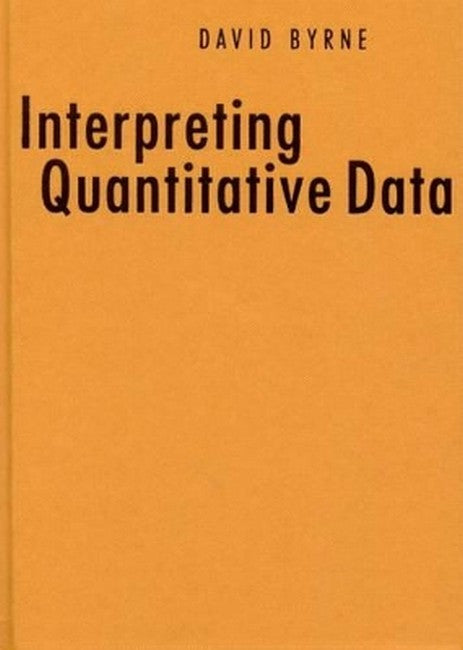David Byrne is Emeritus Professor of Sociology and Applied Social Sciences at the University of Durham. He has published widely on the methodology of social research, for example, in Interpreting Quantitative Data (2002) and with Charles Ragin edited The SAGE Handbook of Case Based Methods (2009). His major theoretical engagement is with the deployment of the complexity frame of reference across the social sciences-see Complexity Theory and the Social Sciences: The State of the Art (with Gillian Callaghan, 2011) with a particular focus on application to policy and practice. His current research focus is on the implications of the transition to the post-industrial in welfare capitalism-Paying for the Welfare State in the 21st Century (with Sally Ruane, 2011) and Class After Industry (2018).
Request Academic Copy
Please copy the ISBN for submitting review copy form
Description
Introduction Interpreting the Real and Describing the Complex Why We Have to Measure The Nature of Measurement What We Measure and How We Measure The State's Measurement The Construction and Use of Official Statistics Measuring the Complex World The Character of Social Surveys Probability and Quantitative Reasoning Interpreting Measurements Exploring, Describing and Classifying Linear Modelling Clues as to Causes Coping with Non-Linearity and Emergence Simulation and Neural Nets Qualitative Modelling Issues of Meaning and Cause Conclusion

